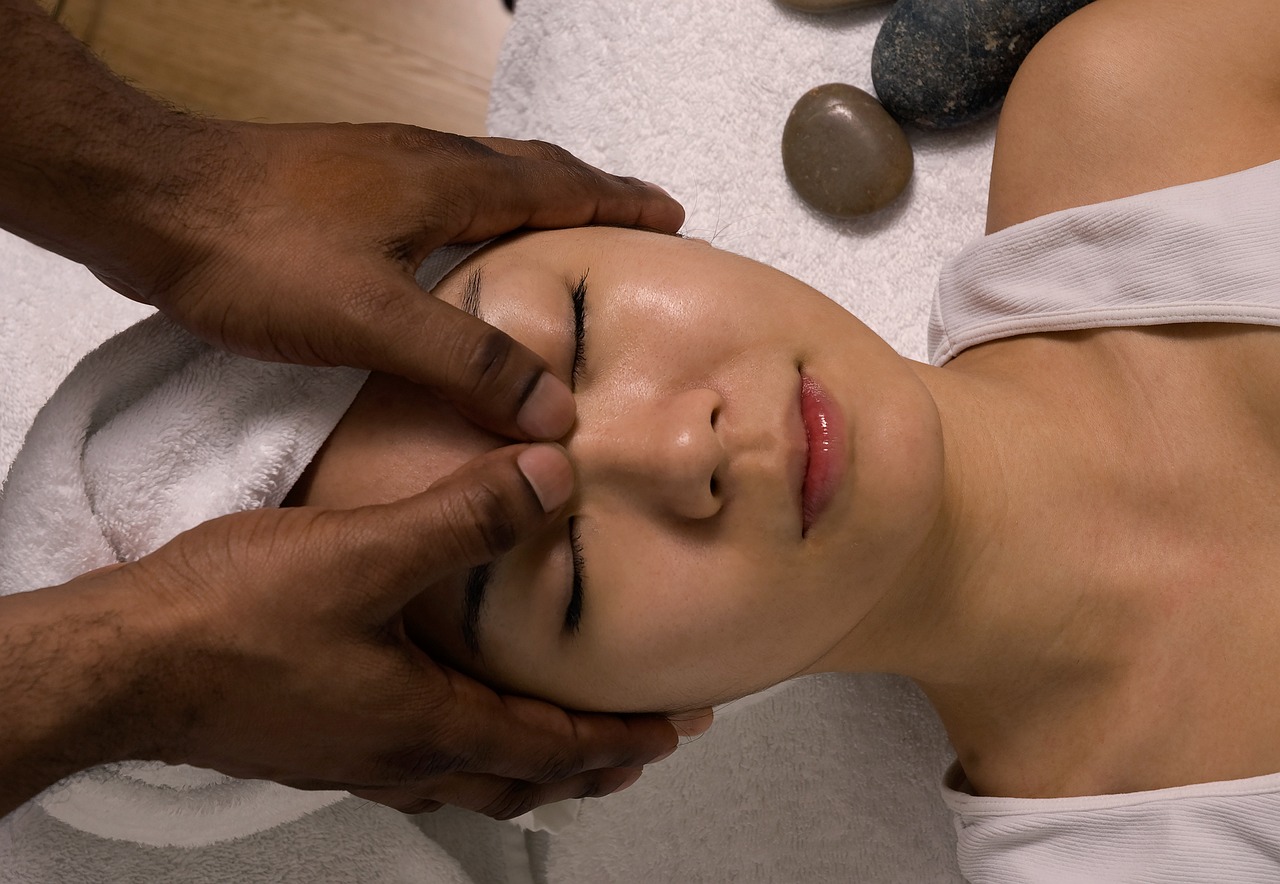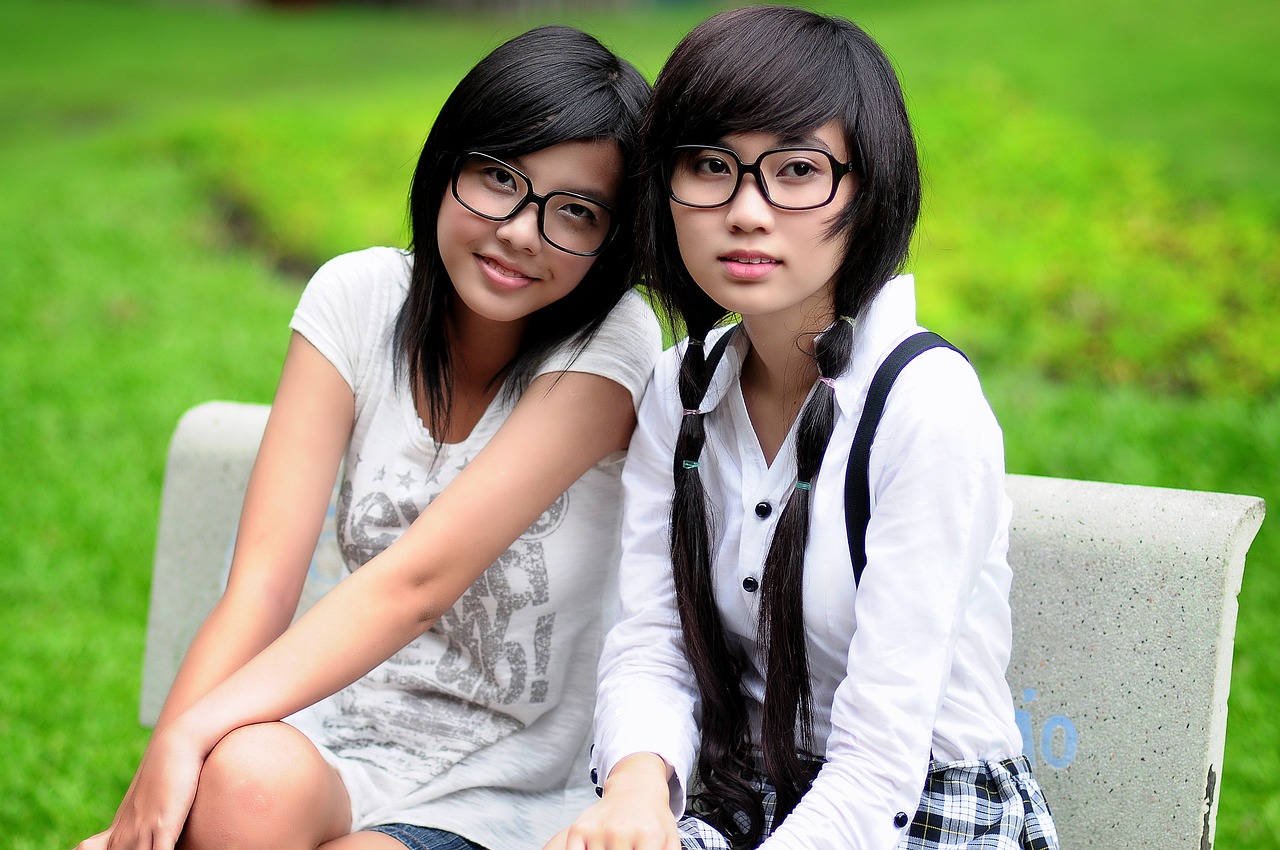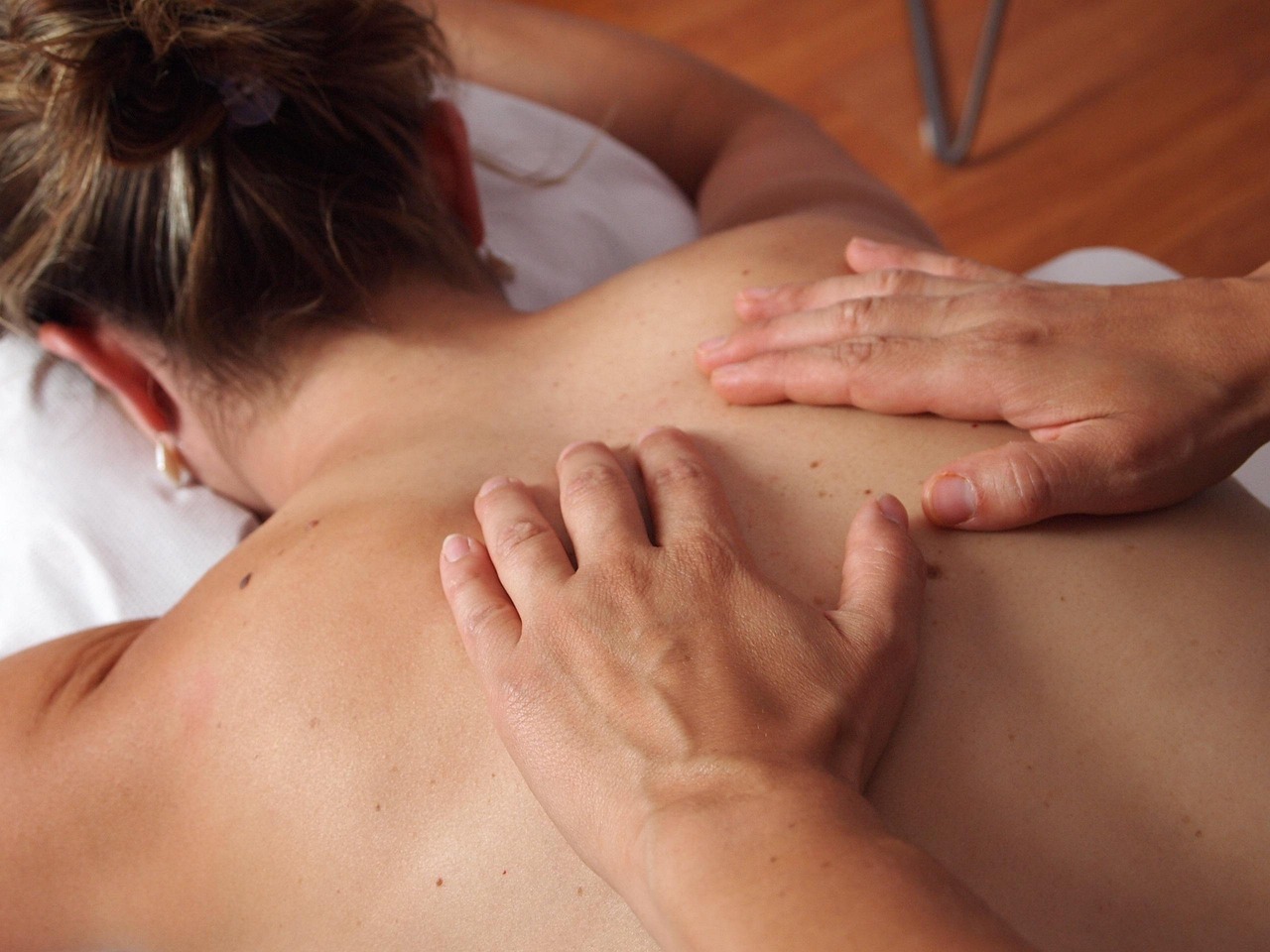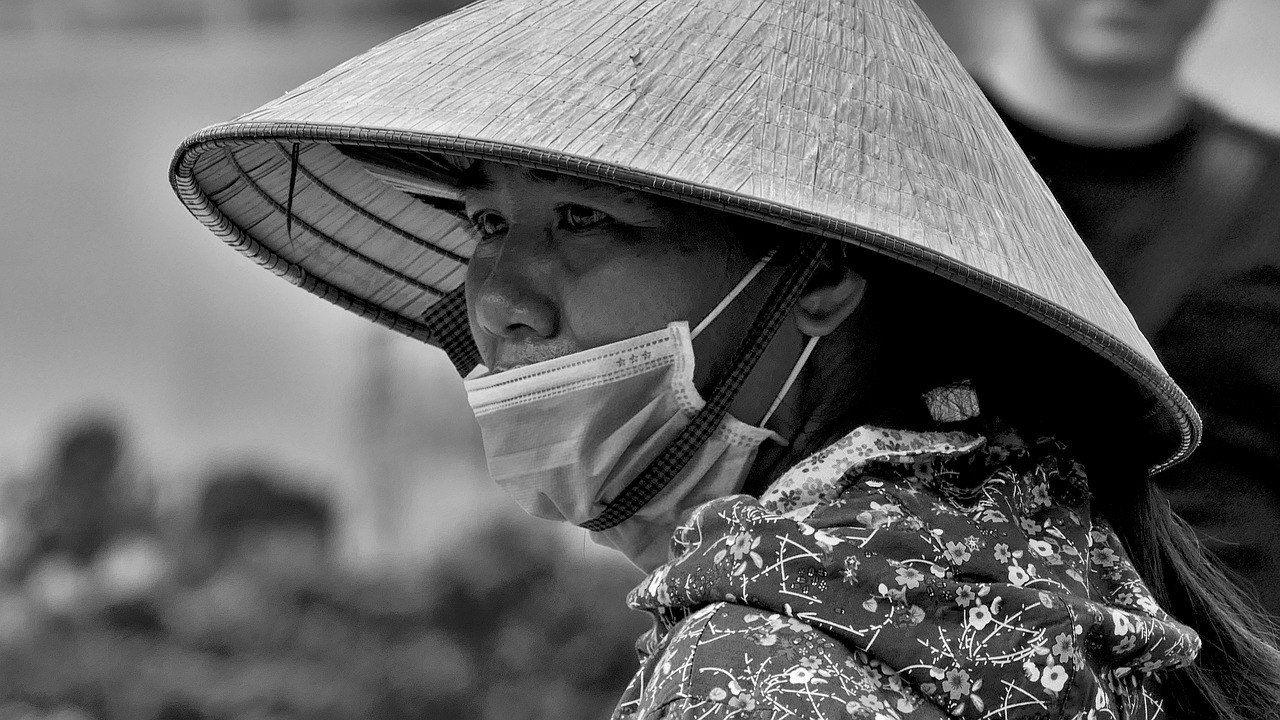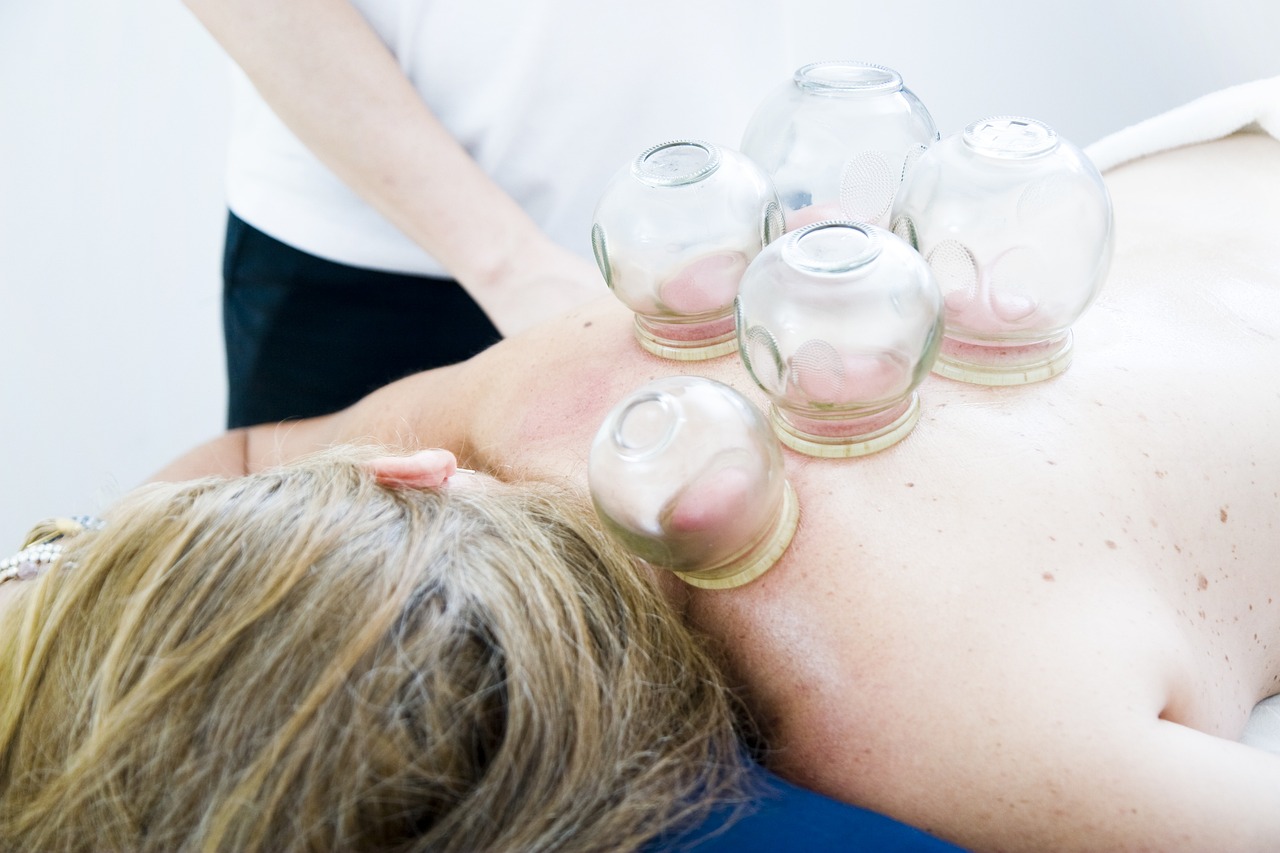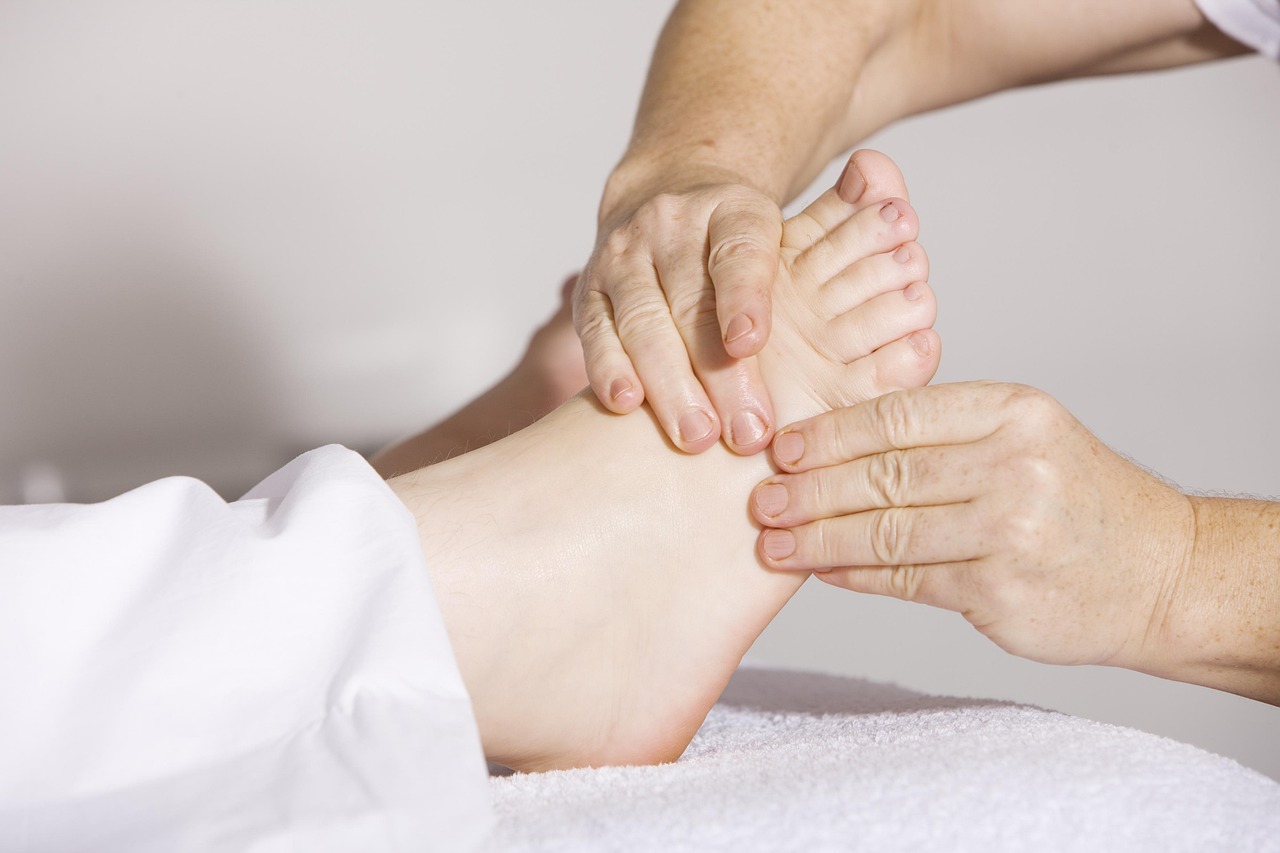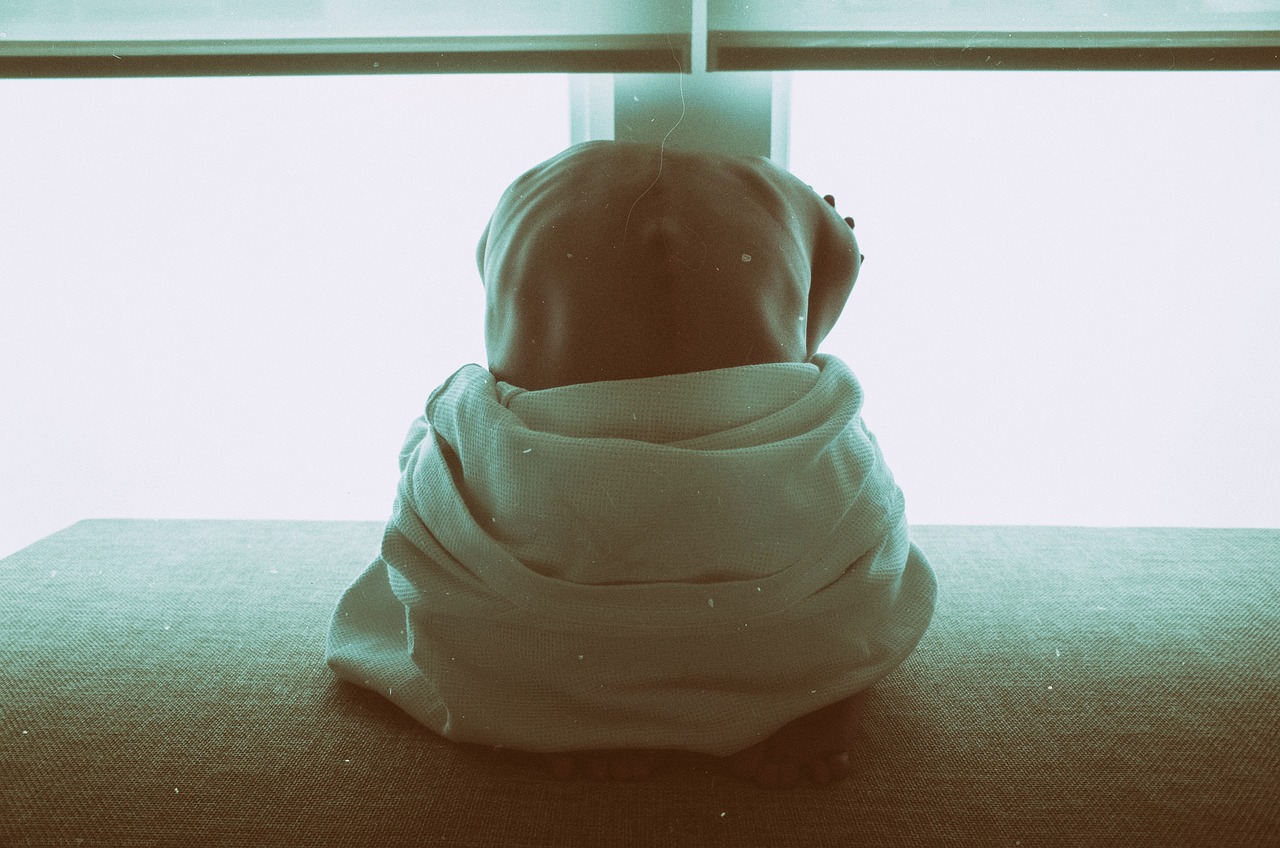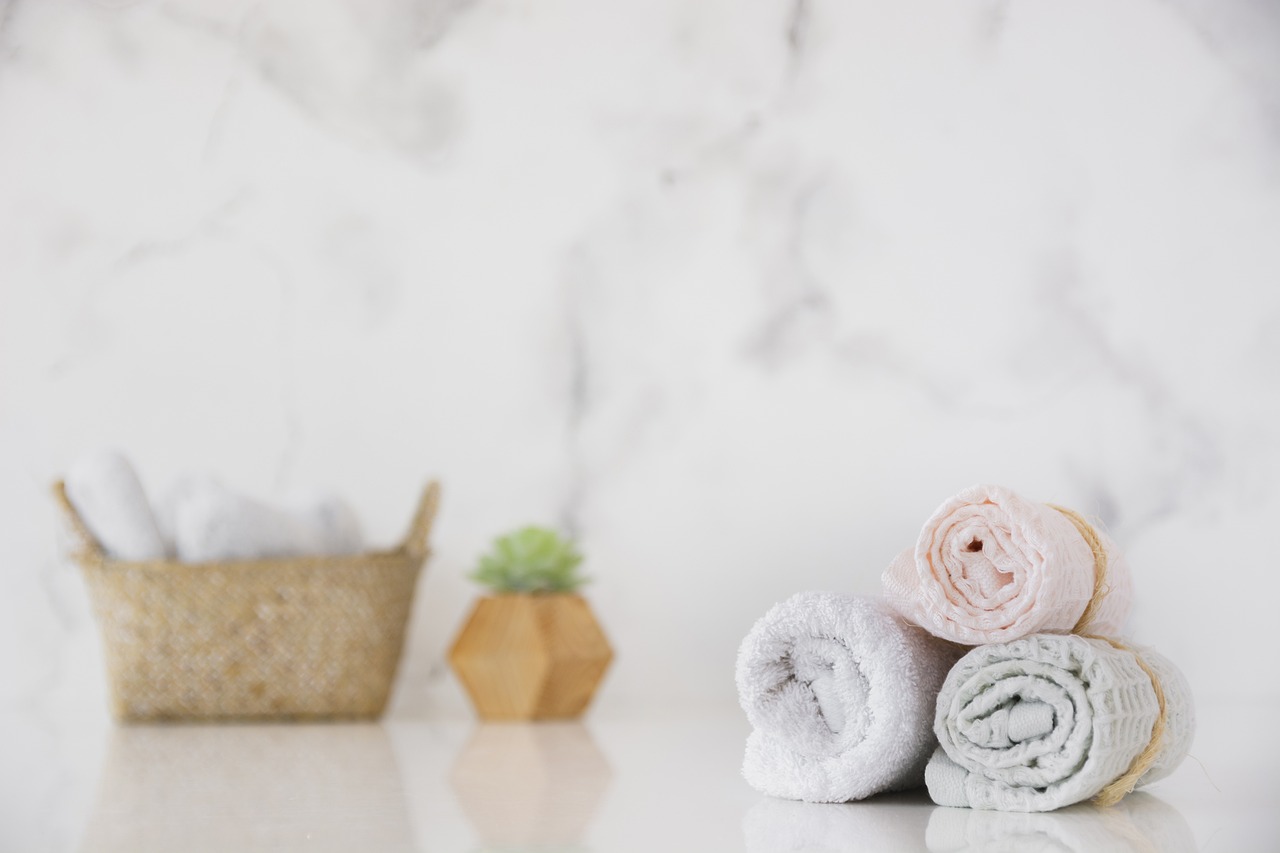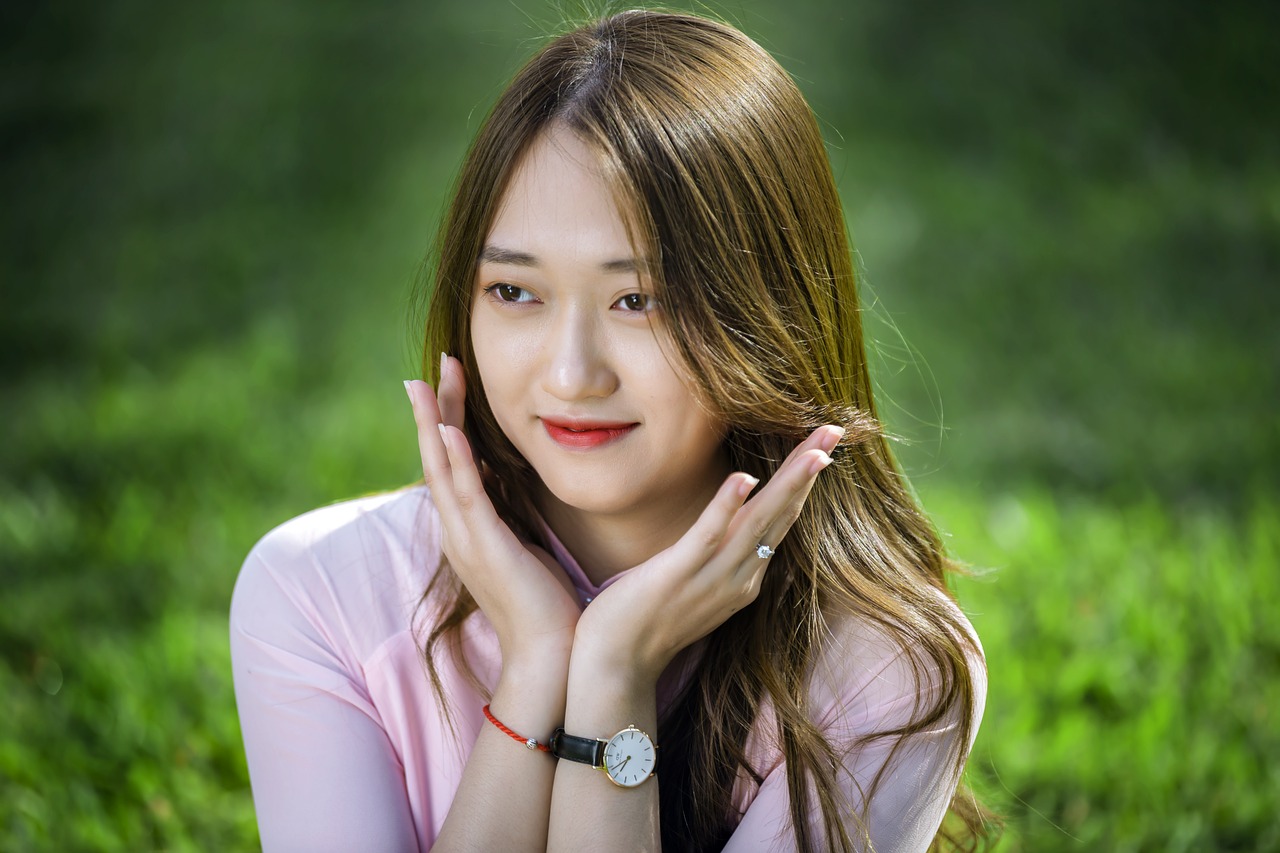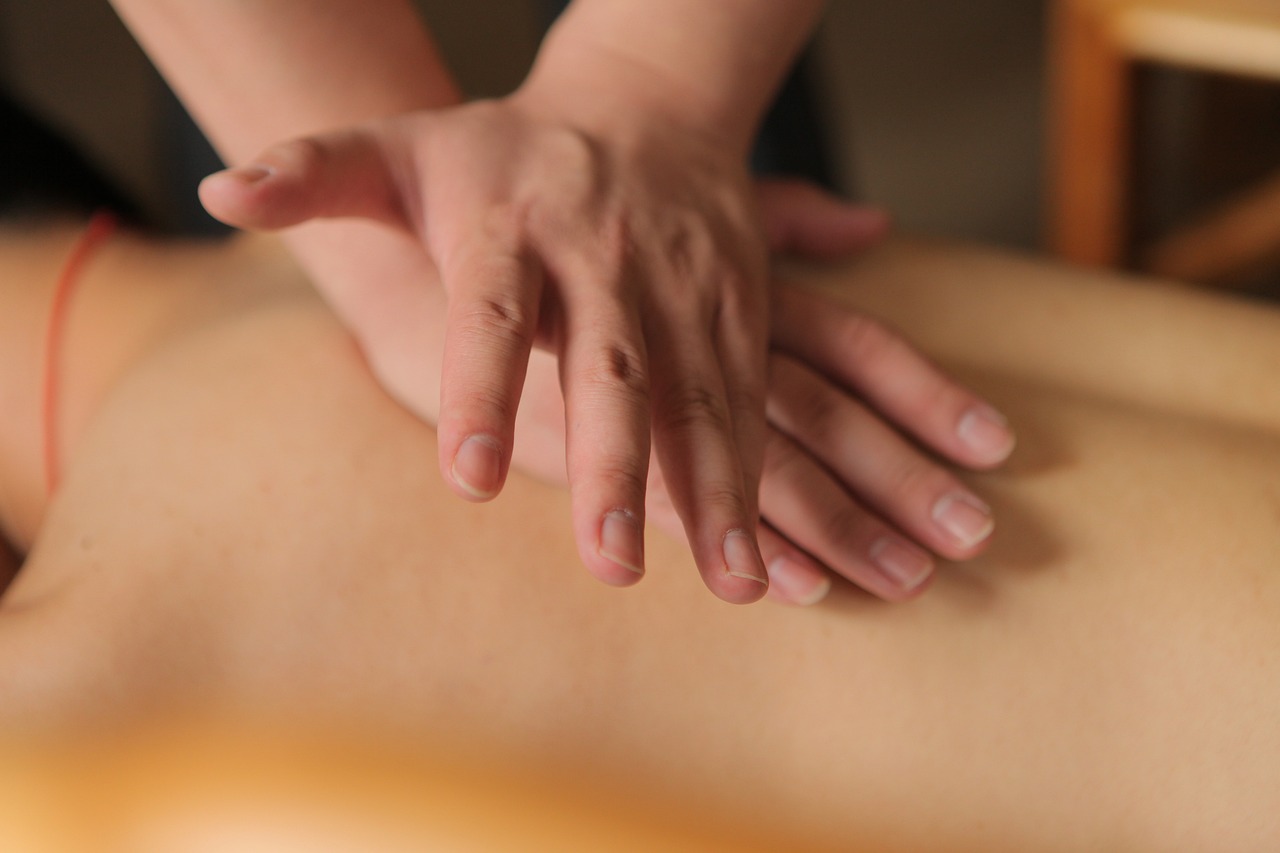This article delves into the diverse world of Asian massage therapy techniques, highlighting their numerous benefits and how they can significantly uplift your mood and enhance your overall well-being. By exploring various methods, you can discover effective ways to promote relaxation and achieve emotional balance.
What is Asian Massage Therapy?
Asian massage therapy is a collective term for a range of techniques that originate from traditional Asian practices. These techniques focus on the flow of energy, relaxation, and healing. By understanding the principles behind these therapies, you can better appreciate their profound impact on mood enhancement.
Benefits of Asian Massage for Mood Enhancement
- Stress Reduction: Asian massage techniques are renowned for their ability to alleviate stress. By targeting specific pressure points and muscle groups, these therapies help release built-up tension.
- Improved Circulation: Enhanced blood flow is another benefit, which can lead to better physical and mental health.
- Emotional Balance: Regular sessions can help stabilize emotions, making them particularly effective for individuals dealing with anxiety or depression.
Stress Relief through Massage
Among the most notable benefits of Asian massage is its effectiveness in reducing stress. Techniques such as Shiatsu and Thai massage are particularly effective in releasing tension, which can lead to a more serene state of mind.
Shiatsu Massage Techniques
Shiatsu, a Japanese method, employs finger pressure along energy meridians to alleviate stress and promote relaxation. This approach can significantly enhance emotional well-being by balancing the body’s energy flow.
Thai Massage Techniques
Thai massage integrates yoga-like stretches with acupressure, fostering a deep sense of relaxation. This holistic method not only relieves physical tension but also uplifts the spirit, contributing to an overall positive mood.
Emotional Balance through Touch
Touch plays a crucial role in emotional regulation. Many Asian massage therapies incorporate mindful touch, helping individuals reconnect with their feelings and fostering a sense of inner peace.
Popular Asian Massage Techniques
- Aromatherapy Massage: This technique combines essential oils with traditional massage methods to enhance relaxation and elevate mood.
- Hot Stone Massage: Utilizing heated stones on key body points, this method promotes deep relaxation and can significantly improve mood by soothing sore muscles.
Choosing the Right Massage for You
Selecting the most suitable Asian massage technique depends on your personal preferences and emotional needs. Understanding your goals can guide you in making the best choice for mood enhancement.
Consulting with a Professional
Engaging with a licensed massage therapist who specializes in Asian techniques can provide valuable insights. They can recommend the most effective approach tailored to your individual needs.
Self-Care Practices at Home
Incorporating self-massage techniques and mindfulness practices at home can complement professional sessions. Simple methods can help maintain emotional balance and improve mood between visits.

What is Asian Massage Therapy?
Asian massage therapy is a holistic approach that integrates various traditional techniques aimed at promoting physical, emotional, and spiritual healing. These practices, rooted in ancient philosophies, emphasize the importance of energy flow throughout the body. By understanding the core principles of Asian massage, individuals can better appreciate how it contributes to enhancing mood and overall well-being.
At its essence, Asian massage therapy is about harmonizing the body’s energy, often referred to as “Qi” or “Chi.” Techniques such as Shiatsu, Thai massage, and Tui Na focus on stimulating specific pressure points and meridians to restore balance. This balance is crucial for emotional health, as it can alleviate feelings of stress and anxiety, leading to a more positive outlook on life.
One of the fundamental beliefs in Asian massage therapy is that physical tension can manifest as emotional blockages. By releasing tight muscles and improving circulation, these techniques not only relax the body but also free the mind from negative emotions. The result is a profound sense of relaxation that can uplift one’s mood and enhance emotional resilience.
Moreover, the practice often incorporates elements such as mindfulness and breathing techniques, which further deepen the relaxation experience. Mindful touch during a massage encourages individuals to reconnect with their bodies, promoting self-awareness and emotional regulation.
In summary, Asian massage therapy is not merely a physical treatment; it is a comprehensive practice that nurtures the mind, body, and spirit. By exploring these techniques, individuals can unlock the potential for improved mood and emotional health, making it an invaluable part of a holistic wellness routine.

Benefits of Asian Massage for Mood Enhancement
Asian massage techniques are renowned for their ability to promote not only physical relaxation but also significant emotional well-being. These therapies, deeply rooted in ancient traditions, focus on harmonizing the body and mind, leading to profound benefits that enhance mood and overall mental health.
One of the most notable advantages of Asian massage is its capacity for stress reduction. Techniques such as Spa Therapy and Acupressure are specifically designed to alleviate tension and anxiety. By manipulating pressure points and energy pathways, these methods help release built-up stress, resulting in a calmer and more positive emotional state.
- Improved Circulation: Enhanced blood flow is another benefit that contributes to mood enhancement. Many Asian massage techniques stimulate circulation, which can lead to increased energy levels and a sense of vitality.
- Emotional Balance: Regular sessions can help individuals achieve emotional stability. Techniques like Shiatsu focus on balancing the body’s energy, which can help mitigate feelings of sadness or irritability.
- Mindfulness and Presence: Many Asian massage practices incorporate mindfulness, encouraging individuals to be present in the moment. This focus can lead to a deeper understanding of one’s emotions, promoting a sense of peace and contentment.
Moreover, the tactile nature of massage fosters a sense of connection and comfort, which is essential for emotional health. Through skilled touch, therapists can help clients reconnect with their bodies, leading to a greater awareness of emotional states and promoting healing.
In summary, the benefits of Asian massage techniques extend far beyond physical relaxation. By addressing stress, improving circulation, and fostering emotional balance, these therapies can significantly enhance mood and contribute to overall mental health.
Stress Relief through Massage
Stress is a common issue that affects individuals across various demographics, leading to a range of negative health outcomes. Asian massage therapy offers a holistic approach to alleviating stress and enhancing emotional well-being. Among its many benefits, stress relief stands out as one of the most significant.
Techniques such as Shiatsu and Thai massage are designed not only to relieve physical tension but also to promote a deeper sense of calm. Shiatsu, for instance, employs finger pressure along specific energy pathways, known as meridians, to stimulate the body’s natural healing processes. This method can effectively release pent-up tension, leading to a tranquil state of mind and an uplifted mood.
On the other hand, Thai massage incorporates a series of gentle stretches and acupressure techniques that encourage relaxation. By merging elements of yoga with traditional massage, this technique not only eases muscle tightness but also fosters emotional balance. The rhythmic movements and mindful touch create a nurturing environment that allows individuals to reconnect with their inner selves, promoting a sense of peace and well-being.
Moreover, studies have shown that regular massage therapy can lead to a decrease in cortisol levels, the hormone associated with stress. This reduction can significantly improve mood and overall mental health. Additionally, the incorporation of essential oils in some Asian massage techniques can further enhance relaxation, creating a multi-sensory experience that calms the mind and soothes the spirit.
In summary, the stress-relieving benefits of Asian massage techniques like Shiatsu and Thai massage are profound. By prioritizing relaxation and emotional balance, these therapies not only alleviate physical tension but also transform your mood, paving the way for a healthier, more harmonious life.
Shiatsu Massage Techniques
are an essential aspect of traditional Japanese therapy, focusing on the application of finger pressure along specific meridians in the body. This technique is not only about physical manipulation but also plays a crucial role in enhancing emotional well-being. By targeting energy pathways, Shiatsu aims to restore balance and promote relaxation, leading to a significant reduction in stress levels.
The practice of Shiatsu is grounded in the principles of traditional Chinese medicine, which views the body as a network of energy flow. When this energy, or Qi, is blocked or stagnant, it can lead to physical discomfort and emotional distress. Shiatsu practitioners use rhythmic pressure and stretching techniques to alleviate these blockages, facilitating a smoother flow of energy throughout the body.
- Stress Relief: One of the most notable benefits of Shiatsu is its ability to reduce stress. By applying pressure to specific points, it helps to release tension in the muscles and calm the mind.
- Enhanced Emotional Health: Regular Shiatsu sessions can lead to improved emotional balance. As the body relaxes, the mind follows suit, often resulting in improved mood and a sense of well-being.
- Physical Benefits: Beyond emotional enhancement, Shiatsu can also alleviate physical ailments such as headaches, digestive issues, and chronic pain, contributing to an overall sense of health.
Shiatsu is often performed on a mat on the floor, allowing the practitioner to use their body weight effectively. This method encourages deep relaxation and can be tailored to individual needs, making it a versatile option for those seeking both physical and emotional relief.
Incorporating Shiatsu into your wellness routine can be transformative. Whether you seek to alleviate stress, improve your mood, or enhance your overall health, this ancient technique offers a holistic approach to well-being. Engaging with a qualified Shiatsu therapist can provide personalized insights and techniques that cater to your unique emotional and physical needs.
Thai Massage Techniques
Thai massage is a unique and ancient healing practice that combines elements of yoga, acupressure, and meditation. Originating from Thailand, this technique is designed to promote deep relaxation while enhancing physical flexibility and mental clarity. Unlike traditional massages that often focus on muscle relaxation, Thai massage emphasizes the flow of energy throughout the body, creating a holistic approach to wellness.
One of the defining features of is the incorporation of yoga-like stretches. During a session, the therapist guides the recipient through a series of stretches that not only alleviate muscle tension but also improve overall flexibility. This dynamic aspect of the massage can leave individuals feeling invigorated and rejuvenated.
Another essential component of Thai massage is acupressure. This technique involves applying pressure to specific points along the body’s energy lines, known as Sen lines. By stimulating these points, the massage helps to release blocked energy, which can lead to a profound sense of emotional and physical relief. As a result, clients often experience a significant uplift in mood and a sense of calm.
Moreover, Thai massage is typically performed on a mat on the floor, allowing for a more fluid and natural movement. This setting encourages a deeper connection between the therapist and the recipient, fostering an environment of trust and relaxation. The rhythmic movements and gentle pressure can create a meditative state that enhances mental clarity and emotional balance.
In conclusion, the benefits of Thai massage extend beyond physical relaxation. By integrating stretching and acupressure, this technique promotes a holistic sense of well-being, making it an excellent choice for those seeking to elevate their mood and enhance their emotional health.
Emotional Balance through Touch
Touch is an incredibly powerful tool for emotional regulation and well-being. In the context of Asian massage therapies, the incorporation of mindful touch serves as a bridge to reconnect individuals with their emotions. This reconnection fosters a profound sense of inner peace and emotional stability, essential for navigating the complexities of modern life.
Asian massage techniques, such as Shiatsu and Thai massage, emphasize the importance of touch in promoting emotional balance. These practices are not merely physical; they engage the recipient’s mind and spirit, creating a holistic experience that can transform mood and emotional health.
- Shiatsu: This Japanese technique utilizes finger pressure on specific points along the body’s meridians. By doing so, it helps to alleviate stress and restore emotional equilibrium.
- Thai Massage: Combining yoga-like stretches with acupressure, Thai massage encourages deep relaxation and emotional release, allowing individuals to let go of pent-up feelings.
The act of receiving touch during these therapies can stimulate the release of oxytocin, often referred to as the “love hormone.” This chemical response not only enhances feelings of trust and connection but also contributes to an uplifted mood.
Moreover, the mind-body connection fostered through touch is vital for emotional health. When individuals receive massage, they often enter a state of mindfulness, allowing them to process emotions that may have been suppressed. This can lead to a deeper understanding of one’s emotional landscape and promote healing.
In summary, Asian massage therapies that incorporate mindful touch offer profound benefits for emotional balance. By engaging both the body and mind, these techniques create a nurturing environment where individuals can explore and embrace their emotions, ultimately leading to a more harmonious state of being.
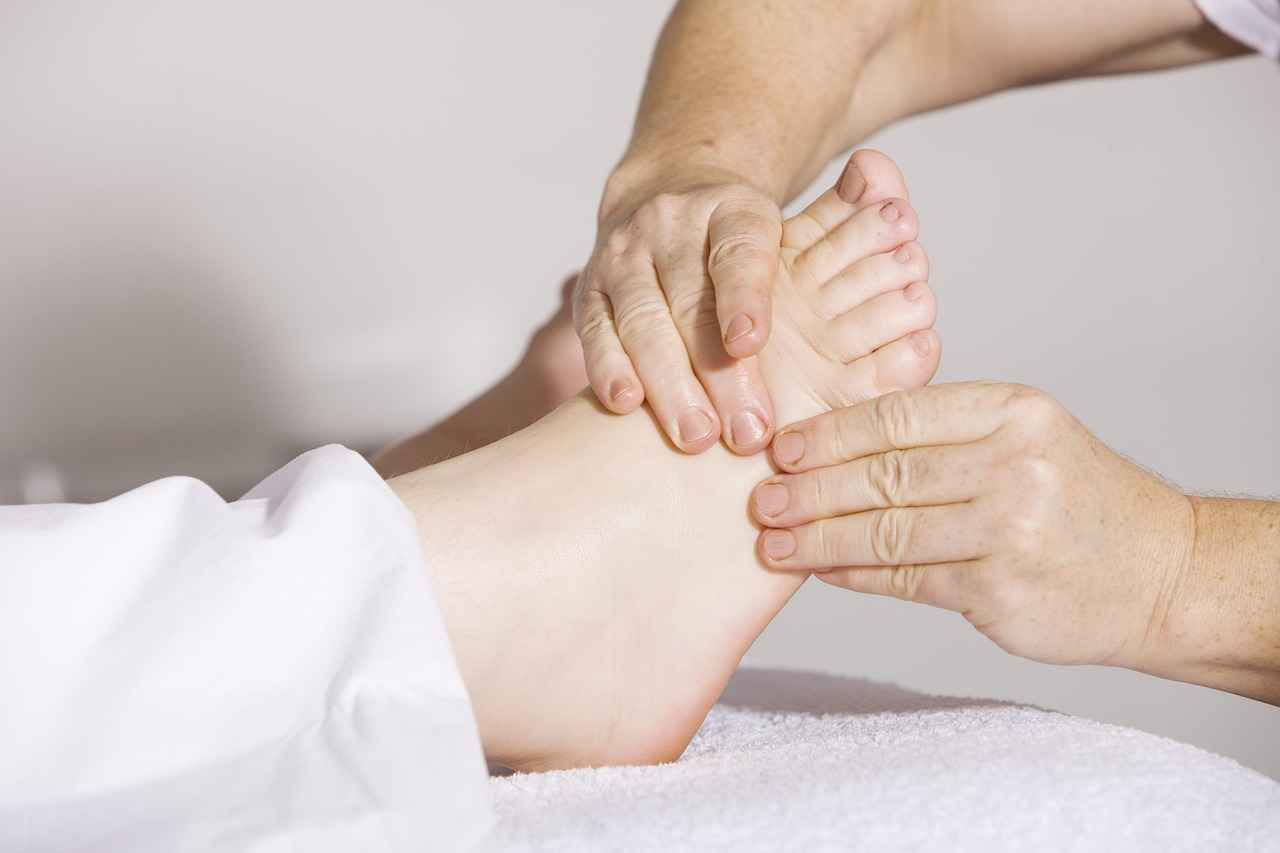
Popular Asian Massage Techniques
Asian massage techniques have gained popularity worldwide due to their profound impact on both physical and emotional well-being. These methods are not just about relaxation; they also play a crucial role in enhancing mood and promoting overall mental health.
Understanding Popular Asian Massage Techniques
- Shiatsu Massage
- Thai Massage
- Aromatherapy Massage
- Hot Stone Massage
- Reflexology
Sourced from Japan, Shiatsu employs finger pressure applied to specific points along the body’s meridians. This technique is designed to release tension and restore energy balance, which can lead to a significant improvement in mood and emotional stability.
Thai massage is a dynamic form of bodywork that combines acupressure and yoga-like stretching. This holistic approach not only alleviates physical discomfort but also promotes a sense of spiritual upliftment, contributing to an enhanced emotional state.
Incorporating essential oils, aromatherapy massage creates an immersive experience that stimulates the senses. The therapeutic properties of the oils can evoke positive emotions and enhance relaxation, making it a popular choice for those seeking mood enhancement.
This technique involves the application of heated stones on key areas of the body. The warmth penetrates deep into the muscles, promoting relaxation and easing tension. The soothing nature of hot stone massage can significantly elevate mood and provide a sense of tranquility.
Reflexology focuses on specific pressure points in the feet, hands, and ears, believed to correspond with different body organs and systems. By stimulating these points, reflexology aims to restore balance and improve emotional well-being.
Choosing the Right Technique for Your Needs
When selecting an Asian massage technique, consider your personal preferences and emotional needs. Consulting with a trained therapist can provide insights tailored to your specific situation. Additionally, integrating self-care practices like gentle stretching and mindfulness can further enhance the benefits of these therapies.
Aromatherapy Massage
is a holistic treatment that merges the benefits of massage therapy with the therapeutic properties of essential oils. This technique is designed not only to relieve physical tension but also to enhance emotional well-being. By utilizing specific scents, aromatherapy can significantly influence mood and promote a sense of calm and relaxation.
The process begins with the selection of essential oils that resonate with the individual’s emotional and physical needs. Popular choices include lavender for relaxation, citrus oils for uplifting energy, and eucalyptus for clearing the mind. Each oil carries unique properties that can evoke positive feelings and memories, thus enhancing the overall experience of the massage.
- Relaxation: The soothing scents of essential oils can help reduce anxiety and stress, creating a serene environment that allows the mind to unwind.
- Mood Enhancement: Certain fragrances can stimulate the release of neurotransmitters like serotonin and dopamine, which are essential for regulating mood.
- Physical Relief: The combination of essential oils and traditional massage techniques helps alleviate muscle tension, leading to an overall sense of well-being.
During an aromatherapy massage session, the therapist applies the chosen essential oils mixed with a carrier oil to the skin, using various techniques such as kneading, stroking, and pressing. This not only helps to relieve physical discomfort but also allows the aromatic molecules to enter the body through the skin and respiratory system, enhancing the therapeutic effects.
Furthermore, the ambiance in which the massage takes place plays a crucial role. Soft lighting, calming music, and a comfortable temperature can further amplify the benefits of aromatherapy, creating a sanctuary for relaxation and emotional healing.
In summary, aromatherapy massage is a powerful tool for enhancing mood and promoting relaxation. By integrating essential oils with traditional massage techniques, individuals can experience a profound transformation in their emotional and physical well-being.
Hot Stone Massage
is a rejuvenating therapy that has gained popularity within various Asian practices, renowned for its ability to promote relaxation and alleviate physical discomfort. This technique involves the strategic placement of heated stones on specific points of the body, allowing for a unique blend of heat therapy and massage. The stones, typically made of basalt, retain heat well and are used to enhance the overall experience of massage.
The primary goal of hot stone massage is to induce a state of deep relaxation. As the warmth from the stones penetrates the muscles, it helps to release tension and improve blood circulation. This process not only soothes sore muscles but also encourages the body to enter a peaceful state, which can significantly elevate mood. Many individuals report feeling a profound sense of calm and emotional balance following a session.
In addition to physical benefits, hot stone massage can also have a positive impact on mental well-being. The combination of heat and skilled massage techniques can stimulate the release of endorphins, the body’s natural mood lifters. This makes it an effective therapy for those experiencing stress, anxiety, or emotional fatigue.
Furthermore, the experience of receiving a hot stone massage is often enhanced by a calming environment, including soothing music and aromatic scents, which can further uplift the spirit. The mindfulness involved in the process encourages individuals to reconnect with their bodies and emotions, fostering a sense of inner peace and tranquility.
For anyone considering this therapy, it’s essential to consult with a qualified massage therapist who can tailor the experience to individual needs. Whether you seek relief from physical discomfort or a boost in your emotional well-being, hot stone massage offers a holistic approach that can transform your mood and enhance your overall quality of life.
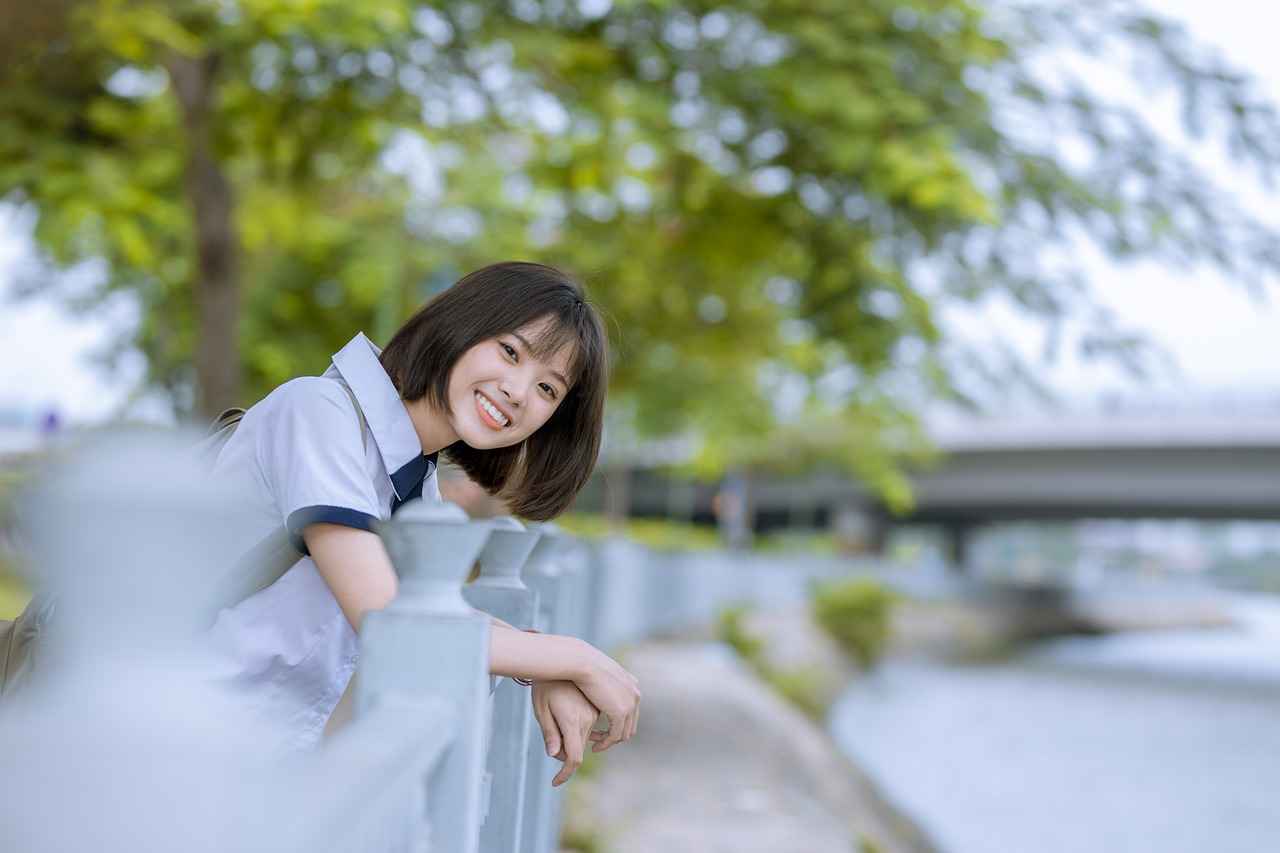
Choosing the Right Massage for You
When it comes to Asian massage therapy, selecting the right technique is crucial for achieving the desired emotional and physical benefits. With a wide array of options available, it is essential to consider your personal preferences and specific emotional needs. Here, we delve into how understanding your goals can guide you in making the best choice for enhancing your mood.
Each massage technique offers unique benefits that cater to different emotional states. For instance, if you seek deep relaxation and stress relief, Shiatsu or Thai massage may be ideal. These techniques focus on releasing tension and promoting a sense of calm, which can significantly uplift your mood.
On the other hand, if you are looking for a more invigorating experience, techniques like Aromatherapy massage can be beneficial. By combining essential oils with traditional massage methods, this approach not only relaxes the body but also stimulates the senses, enhancing emotional well-being.
- Shiatsu: Focuses on finger pressure along energy pathways to relieve stress.
- Thai Massage: Incorporates stretching and acupressure for deep relaxation.
- Aromatherapy Massage: Uses essential oils to evoke positive emotions while massaging.
Before deciding on a technique, consider consulting with a licensed massage therapist who specializes in Asian practices. They can provide tailored recommendations based on your individual needs, ensuring you choose a method that aligns with your emotional goals.
Additionally, incorporating self-care practices at home can enhance the benefits of your chosen massage technique. Simple self-massage and mindfulness exercises can help maintain emotional balance and improve your mood between professional sessions.
Ultimately, the key to selecting the appropriate Asian massage technique lies in understanding your own emotional landscape and preferences. By taking the time to assess your needs, you can make an informed choice that not only enhances your mood but also contributes to your overall well-being.
Consulting with a Professional
When it comes to enhancing your mood and overall well-being through massage therapy, consulting with a licensed massage therapist who specializes in Asian techniques is a crucial step. These professionals possess the knowledge and skills to tailor their approach to meet your unique needs and preferences. By understanding the various techniques available, you can make informed decisions that align with your emotional and physical health goals.
Asian massage therapy encompasses a range of practices, including Shiatsu, Thai massage, and Aromatherapy. Each of these methods has its own distinct benefits, and a qualified therapist can guide you in selecting the most suitable one. For instance, if you are experiencing significant stress, a therapist might recommend Shiatsu, which focuses on pressure points to relieve tension and promote relaxation.
Furthermore, a licensed therapist can assess your physical condition and emotional state, providing insights that may not be apparent to you. This personalized evaluation can lead to a more effective treatment plan, ensuring that you receive the maximum benefit from your sessions. They can also introduce you to complementary techniques, such as mindfulness practices or self-massage techniques, which can be easily integrated into your daily routine.
Additionally, a professional therapist can educate you about the importance of aftercare, such as hydration and gentle stretching, which can enhance the effects of the massage. This holistic approach not only addresses immediate concerns but also promotes long-term emotional balance and well-being.
In summary, seeking guidance from a licensed massage therapist who is well-versed in Asian techniques can significantly enhance your experience and outcomes. Their expertise will empower you to make choices that truly resonate with your personal journey towards improved mood and emotional health.
Self-Care Practices at Home
In today’s fast-paced world, self-care practices have become essential for maintaining emotional well-being. Among these practices, self-massage techniques and mindfulness exercises can be particularly effective. By incorporating these methods into your daily routine, you can create a harmonious balance between your professional massage sessions and your personal care.
Self-massage is not only a convenient way to relieve tension but also a powerful tool for emotional regulation. Simple techniques, such as using your fingers to apply pressure on specific points, can help alleviate stress and promote relaxation. For instance, gentle circular motions on the temples can ease headaches, while massaging the neck and shoulders can release built-up tension.
Mindfulness practices, when integrated with self-massage, can further enhance your emotional state. Focusing on your breath while you massage can heighten awareness and promote a sense of calm. Consider following these steps:
- Find a Quiet Space: Choose a comfortable and serene environment where you can relax without interruptions.
- Set an Intention: Before beginning your self-massage, take a moment to set a positive intention for your practice, such as cultivating peace or releasing stress.
- Practice Deep Breathing: Inhale deeply through your nose, hold for a moment, and exhale slowly through your mouth to center yourself.
- Engage in Mindful Touch: As you massage, pay attention to the sensations in your body, allowing yourself to fully experience the moment.
Additionally, you can incorporate tools like massage balls or foam rollers to target specific areas, enhancing the effectiveness of your self-care routine. Regular practice can lead to improved emotional balance, making it easier to navigate daily stressors.
By committing to these self-care practices at home, you can maintain a positive mood and emotional equilibrium between professional massage sessions. Remember, the key to effective self-care lies in consistency and mindfulness.
Frequently Asked Questions
- What are the main benefits of Asian massage therapy?
Asian massage therapy offers a variety of benefits, including stress relief, improved circulation, and enhanced emotional balance. These techniques can significantly uplift your mood and contribute to overall well-being.
- How does Shiatsu massage work?
Shiatsu massage utilizes finger pressure along specific meridians in the body to alleviate stress and promote relaxation. This method helps balance the energy flow, which can greatly enhance your emotional well-being.
- What makes Thai massage unique?
Thai massage combines yoga-like stretches with acupressure, offering a holistic approach to relaxation. This technique not only eases physical tension but also uplifts your spirit, making it effective for mood enhancement.
- Can aromatherapy enhance the effects of massage?
Absolutely! Aromatherapy massage integrates essential oils with traditional techniques, utilizing scents that evoke positive emotions. This combination amplifies the relaxation and mood-enhancing benefits of the massage.
- How do I choose the right massage technique for my needs?
Selecting the right Asian massage technique depends on your personal preferences and emotional goals. Consulting with a licensed therapist can provide valuable insights tailored to your specific needs.

